The Hidden Pitfalls of Ultra Processed Foods (UPF) in Endurance Sports
Commonly found in sports drinks, gels and bars
When it comes to endurance sports, nutrition plays a crucial role in performance, recovery, and overall health. Athletes often turn to quick sources of energy to fuel their long workouts and competitions. Maltodextrin and glucose syrup are two such UPF ingredients commonly found in sports drinks, gels, and bars. While these substances are marketed as efficient energy boosters and sometimes even healthy, they are not the best choice for long term health and performance.
Rapid Spikes and Crashes in Blood Sugar Levels
Maltodextrin and glucose syrup have high glycemic indexes, meaning they cause a rapid spike in blood sugar levels. Initially, this might seem beneficial as it provides a quick energy boost. However, this spike is often followed by a sharp drop, leading to a "sugar crash." A study published in the Journal of Clinical & Translational Endocrinology found that high glycemic foods can lead to postprandial hypoglycemia, characterized by fatigue and reduced mental clarity, which can impair athletic performance (Tremblay et al., 2018).
Digestive Issues
Consuming high amounts of maltodextrin and glucose syrup can lead to gastrointestinal distress, which is the last thing an athlete needs during a race or long training session. Research in the International Journal of Sports Medicine indicates that athletes consuming high-glycemic index carbohydrates during exercise reported more frequent gastrointestinal symptoms, such as bloating and diarrhea, compared to those consuming low-glycemic index foods (Jeukendrup & Vet-Joop, 2000).
Lack of Sustained Energy
Endurance sports require a consistent supply of energy over a prolonged period. Maltodextrin and glucose syrup provide a quick but short-lived energy source. Unlike complex carbohydrates, which break down slowly and provide a steady energy release, these simple sugars burn out quickly. A study in the European Journal of Applied Physiology demonstrated that athletes consuming complex carbohydrates maintained better performance levels during prolonged exercise compared to those consuming simple sugars (Wong et al., 2015).

Alternatives for Endurance Athletes
While maltodextrin and glucose syrup might offer a quick energy fix, they are far from ideal for endurance athletes. The rapid energy spikes followed by crashes, potential digestive issues, and long-term health risks make them a poor choice for sustained athletic performance. Endurance athletes should focus on balanced nutrition that includes complex carbohydrates and natural sugars to fuel their bodies more effectively and healthily.
Fortunately, there are better nutritional strategies for endurance athletes looking to optimize performance and maintain health.
Complex Carbohydrates: Foods like oatmeal, sweet potatoes, and whole grains provide a slower, more sustained release of energy.
Natural Sugars: Fruits such as bananas, berries, and dates offer quick energy with additional vitamins, minerals, and fiber.
Balanced Nutrition: Combining carbohydrates with proteins and fats can help stabilize blood sugar levels and provide a more prolonged energy source.
By making smarter nutritional choices, athletes can improve their performance, avoid unnecessary health risks, and enjoy a more consistent and sustained energy supply during their endurance activities.
Supernatural Fuel Products Do Not Contain Maltodextrin or Glucose Syrup
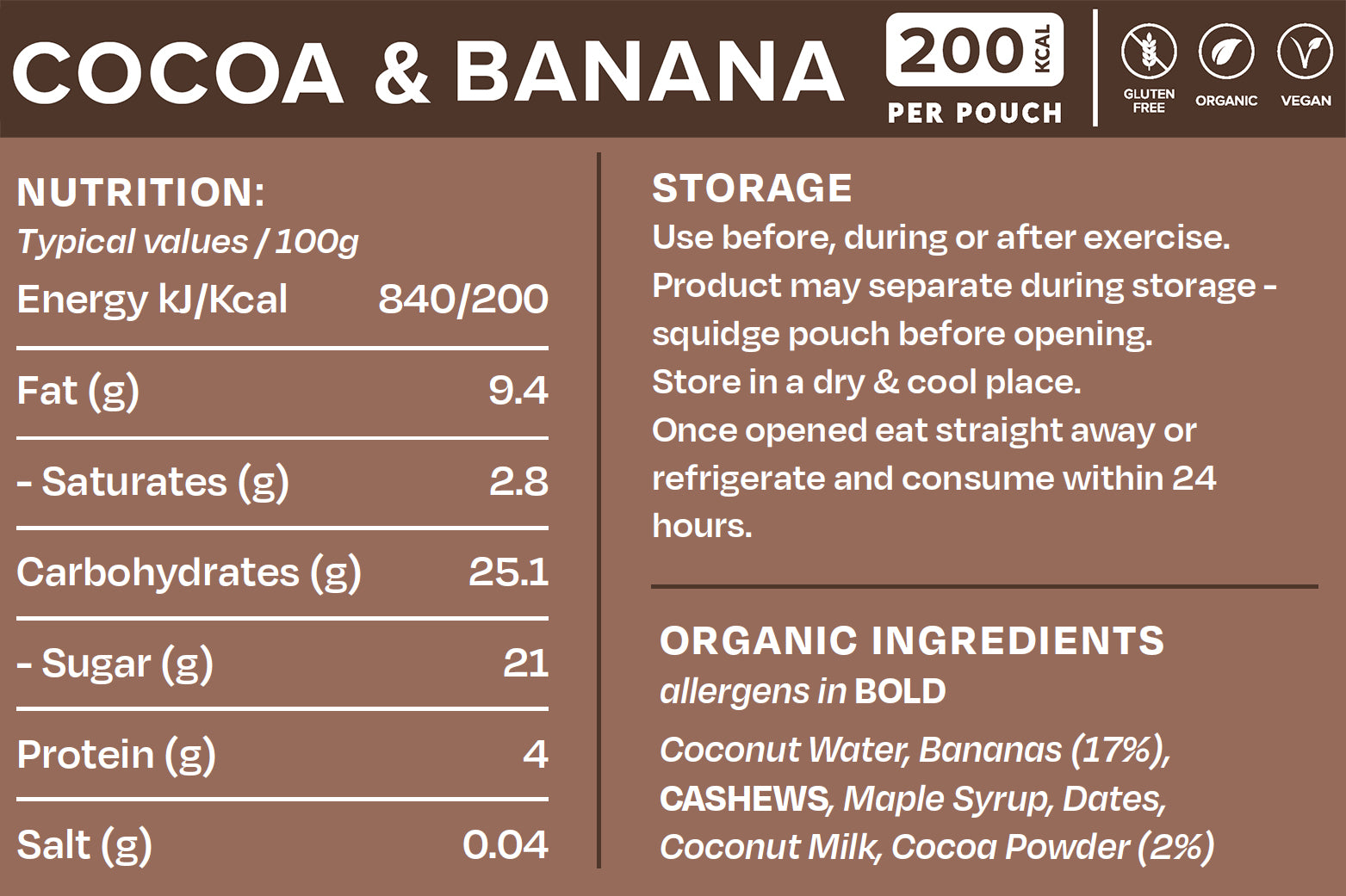
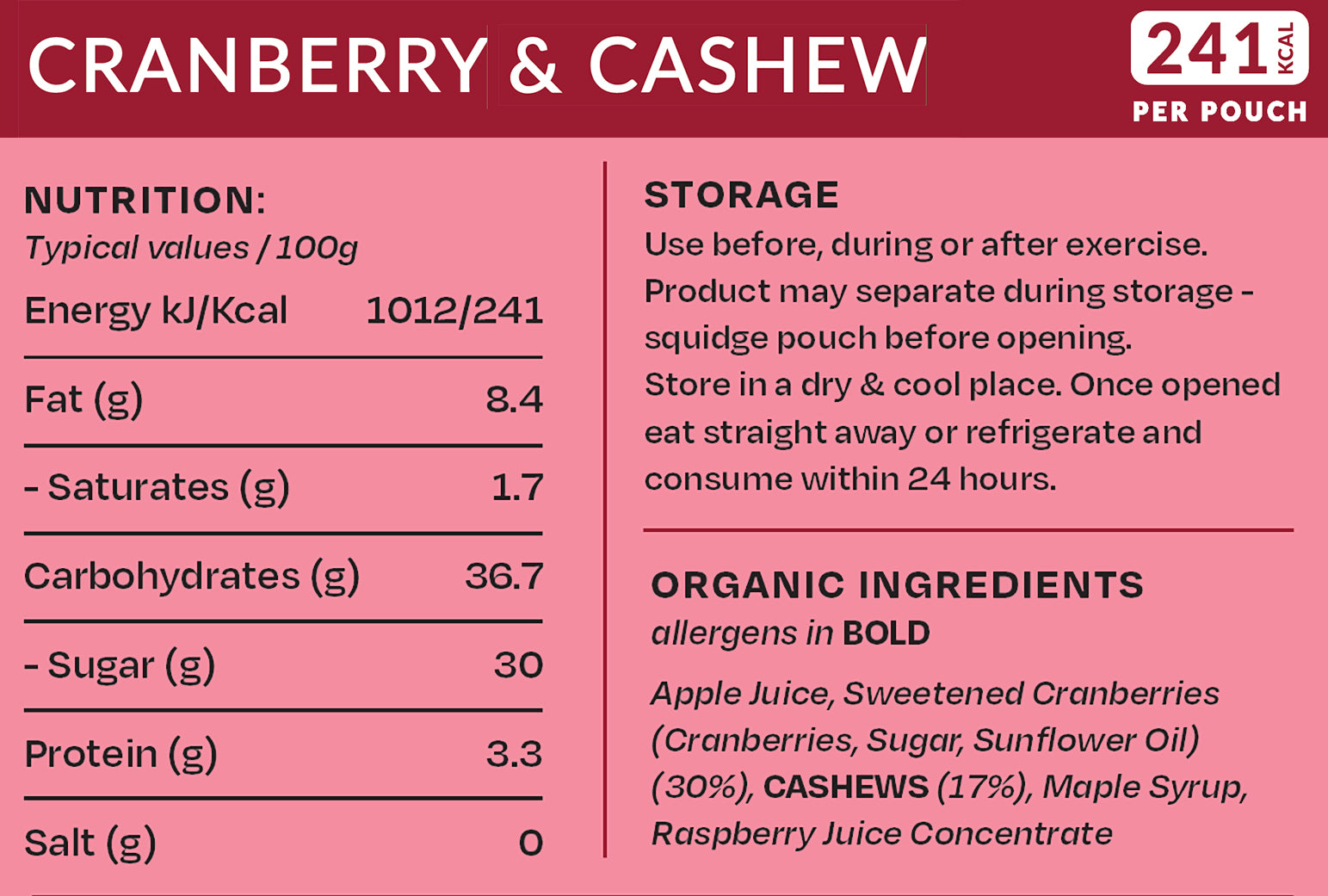
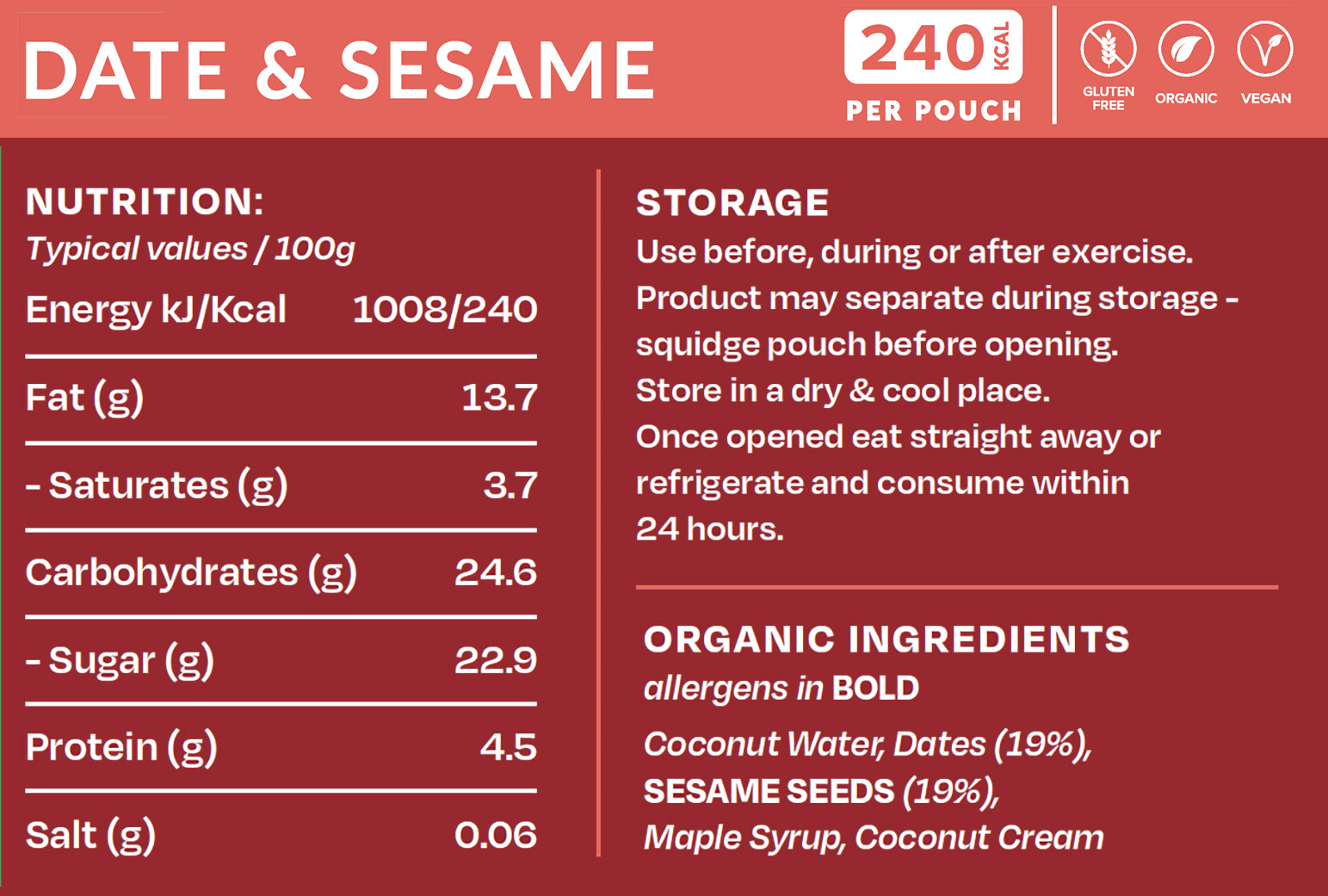
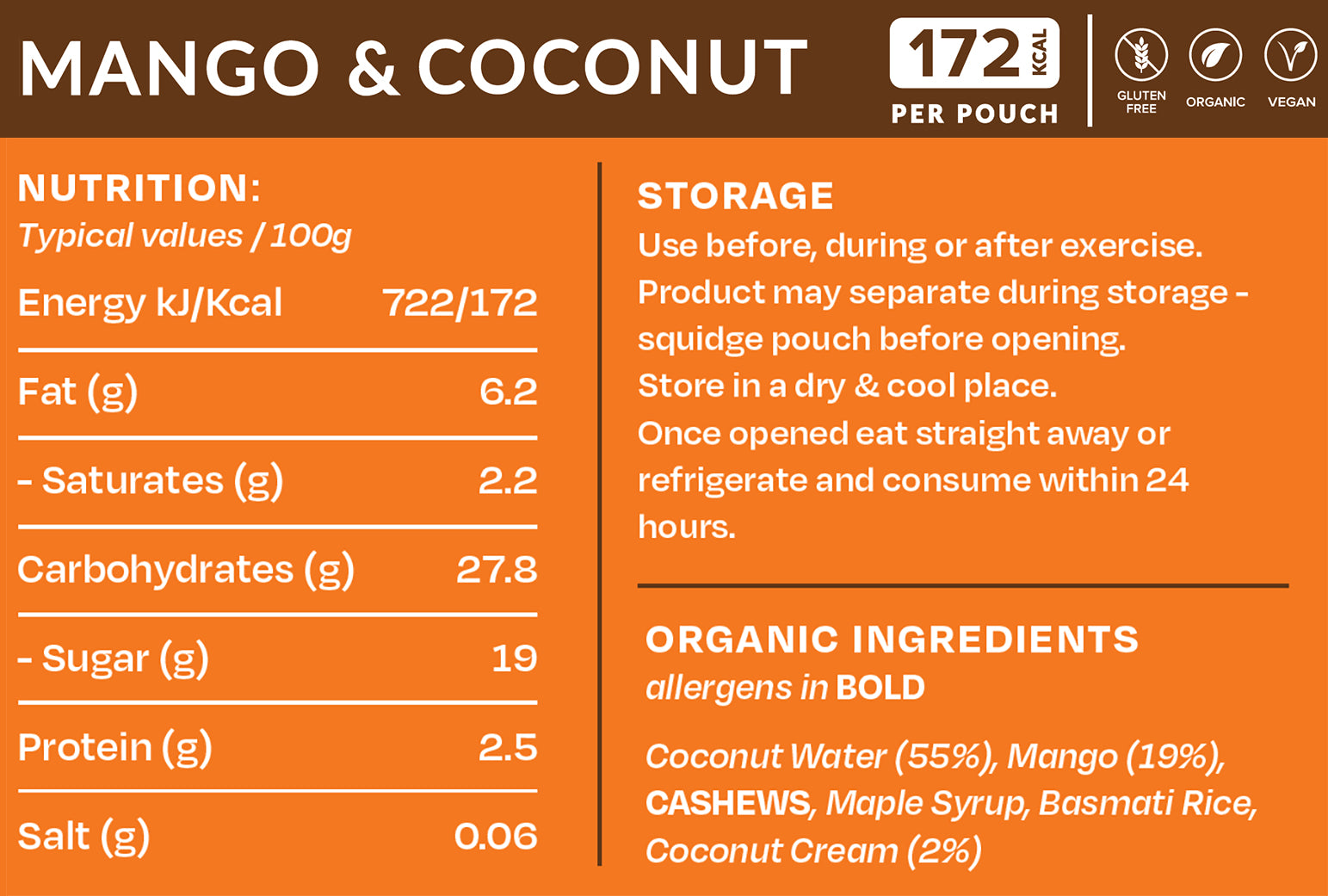
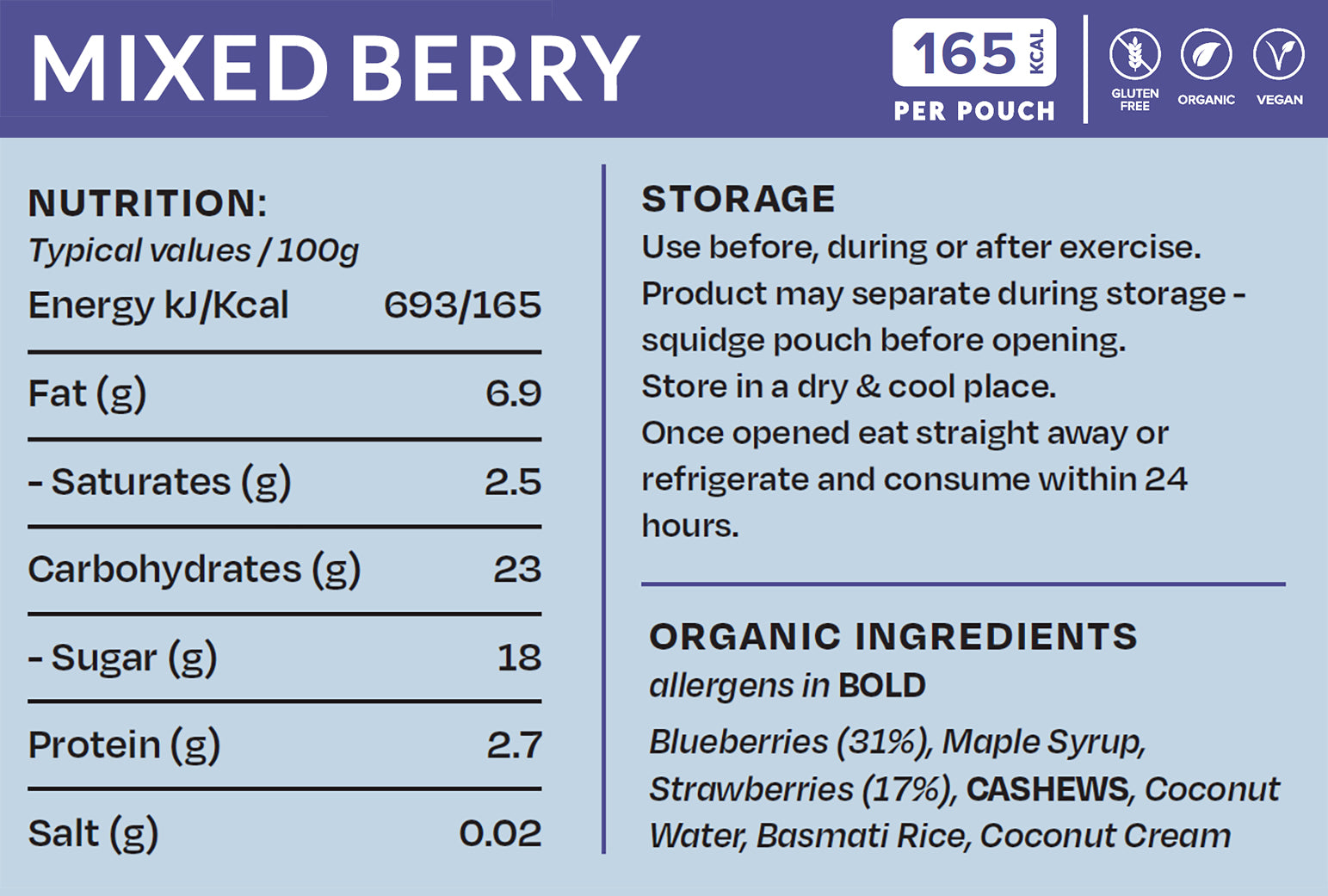
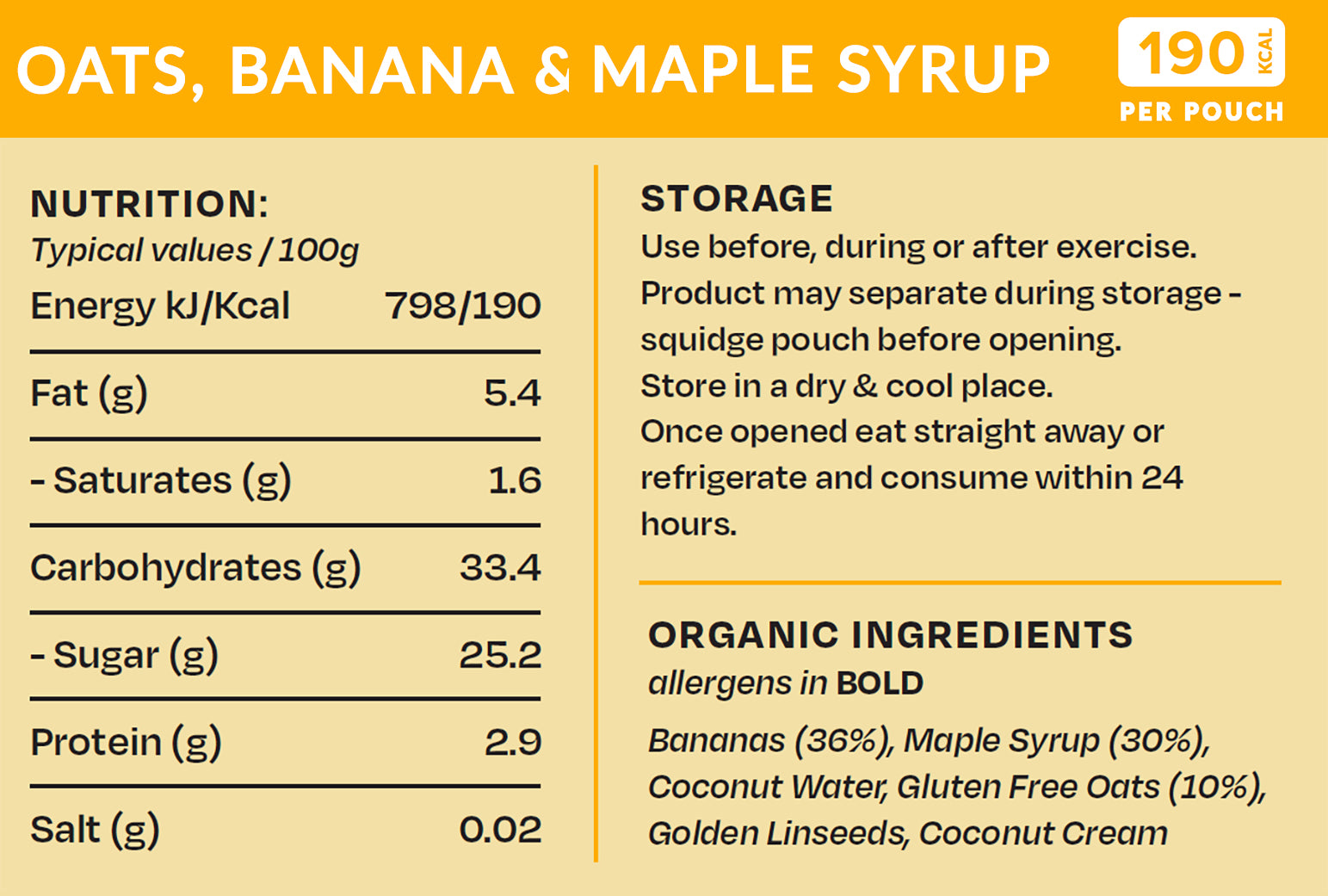
Build a Box
-
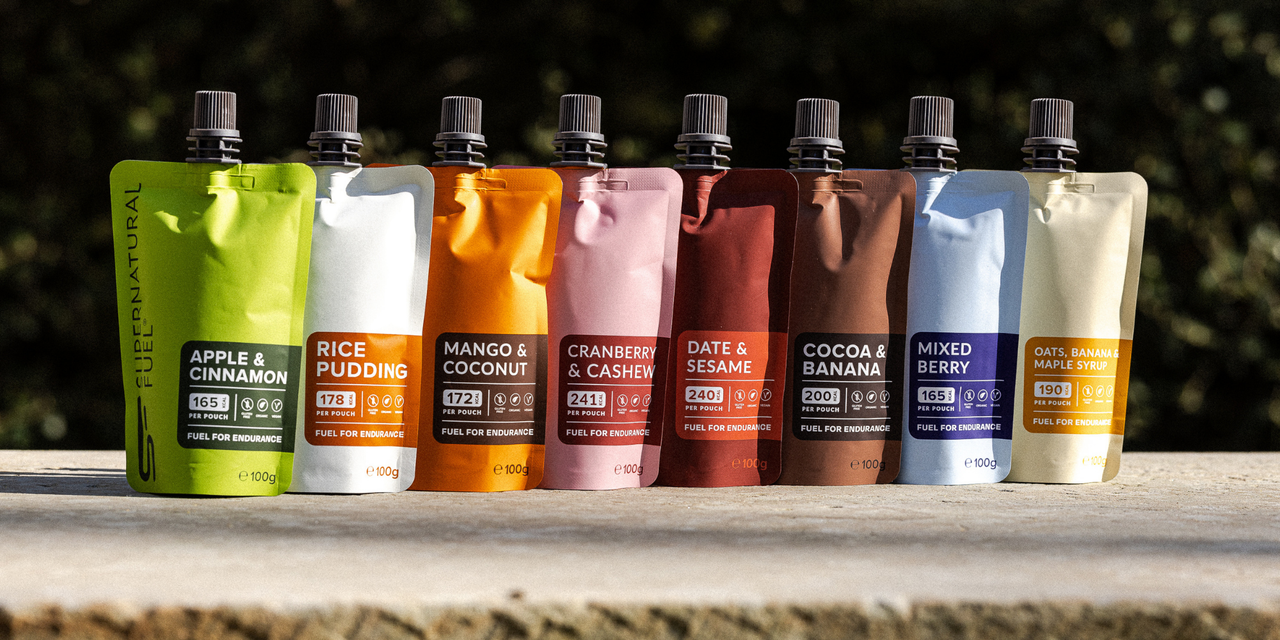 Build-a-Box of 8£26.40£26.40
Build-a-Box of 8£26.40£26.40£0.00 -
 Build-a-Box of 16£49.60£49.60
Build-a-Box of 16£49.60£49.60 -
 Build-a-Box of 24£69.60£69.60
Build-a-Box of 24£69.60£69.60£0.00



